Stephen Dodgson: Chamber Music, Volume One: Complete Music for Cello and Piano
The cello works of the London-born Stephen Dodgson (1924–2013) present his musical personality in a nutshell. The style is direct but rich in allusion, from Purcell to Janáček, with a lively, sometimes brittle, sense of humour adding a Shostakovichian irony, all fused together in an elegant, individual voice. And the remarkable clarity of the instrumental textures underlines a strong sense of narrative, with the cello almost as a human voice, unfolding its story with understated passion.
Evva Mizerska, cello
Emma Abbate, piano
Listen To This Recording:
-
Two Romantic Pieces (Set A) (1996)
- No. 1 Capriccioso
- No. 2 Poco lento
- I Con anima
- II Largo e sostenuto —
- III Allegretto con moto
- No. 1 Vivace
- No. 2 Moderato flessibile
- No. 1 Prelude
- No. 2 Dialogue
- No. 3 Alla burlesca
- No. 4 Aria
- No. 5 Alla polka
Sonata for Cello and Piano (1969)
Two Romantic Pieces (Set B) (2008)
Five Occasional Pieces (1970)
First Recordings
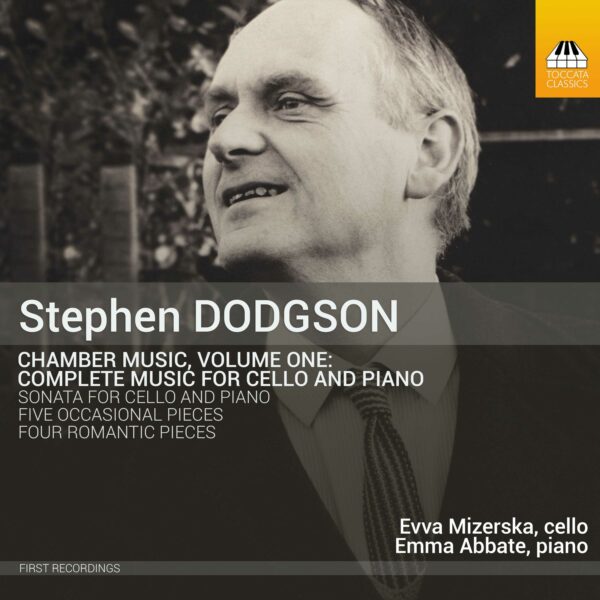
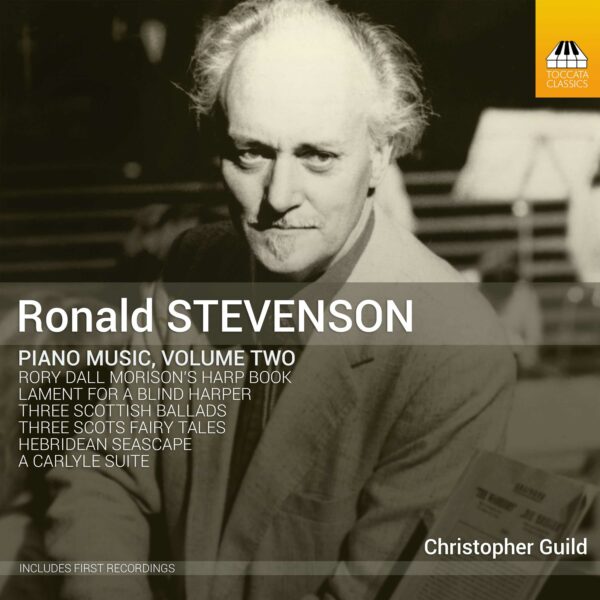
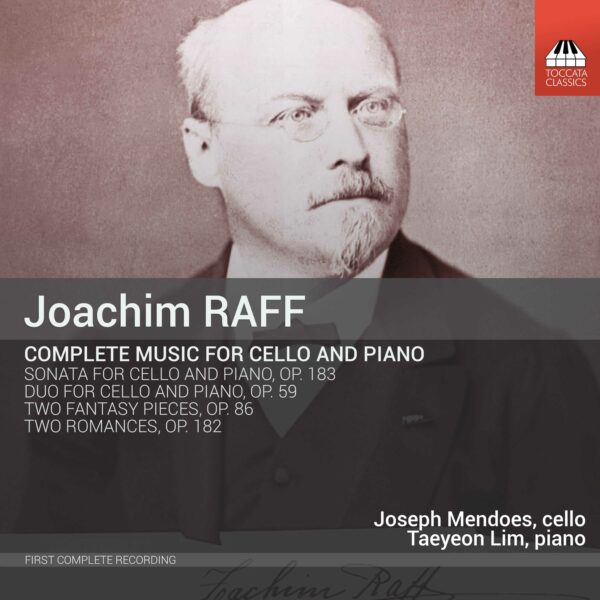
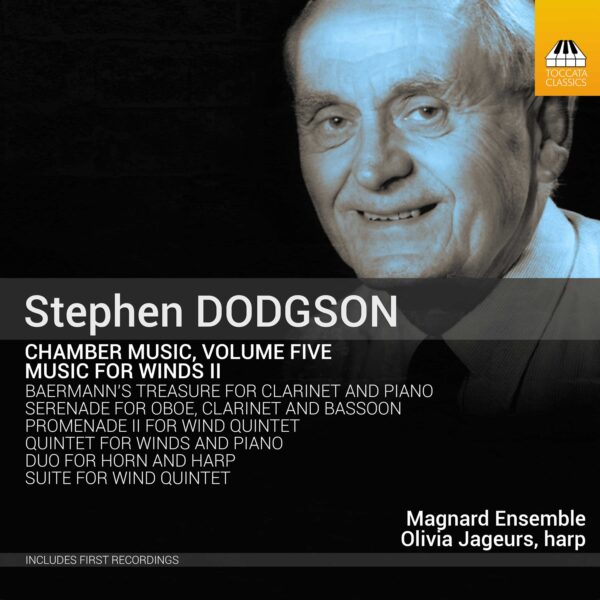
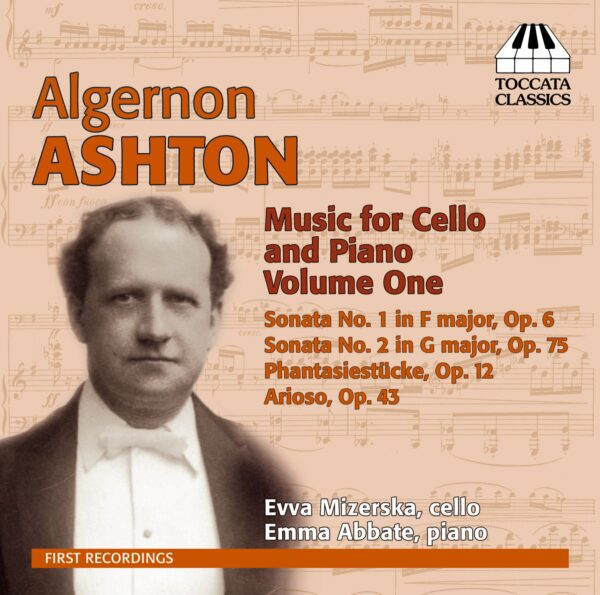
Jonathan Woolf :
“The Cello Sonata of 1969 shows a fine conception of equals in a clearly structured three-movement work that reveals echoes of Bartókian Nocturne and a spare call-and-response between the instruments. There’s a certain refined introspection to Dodgson’s writing and an element of allusion but he doesn’t skimp the cello sonata’s voyage to a hard won (but not triumphalist) victory. The Five Occasional Pieces followed in 1970 and the composer himself instructed that they are for cello “with piano” and not therefore duo works. The second piece owes an acknowledged debt to Debussy whilst the fourth piece, an Aria, has long-breathed lyricism at its core – but with a colour-conscious role for the piano too – and hints of Eastern European keening in the cello’s song (not for nothing did Dodgson so much admire Janáček). His gift for vitality can be savoured in the Alla polka, here an ingenious and infectious swaying dance. There are four Romantic Pieces, divided into two sets of two through the disc, that expertly reveal the playful, lyric, and quintessentially Dodgsonian long romantic lines that mirror his gifts as a melodist of resourcefulness and warmth. The performances reflect those qualities too in the slightly enveloping acoustic of the Church of St John the Evangelist in Oxford. The booklet notes by John Warrack are in Toccata’s best tradition.” —British Music Society, April 2017